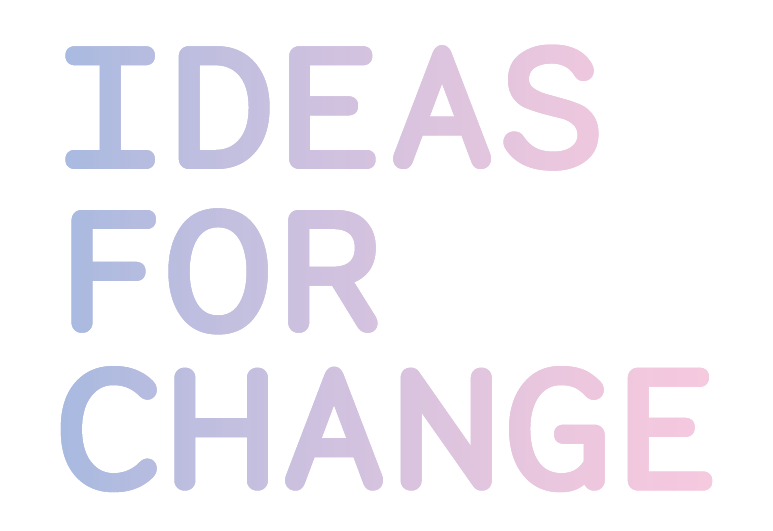Tourism for inclusive growth
By Pako Rodríguez, consultant specialized in tourism. (Original publication in Spanish)
Before going into tourism, it would be necessary to describe what we mean by inclusive, since we often ignore or don’t delve enough into its meaning. In the UNWTO World Tourism Day publication we read: “the COVID-19 pandemic has had a colossal social and economic impact. Developed and developing economies have been hit, with marginalized groups and the most vulnerable people bearing the brunt. The reactivation of tourism will help boost recovery and growth, but it is essential that the benefits that are generated are distributed widely and fairly. In addition, there is also talk how essential accessible tourism is for the enjoyment of all.
In other words, we have two fundamental pillars: on the one hand, tourism as the basis for resuming the path of economic growth, which takes into account especially groups in situations of vulnerability through the fair distribution of benefits, and on the other, that this tourism is within the reach of all pockets.
If we go deeper into this last point, we see that it has a double function: firstly, the more people travel, the greater the economic impact that will occur and, secondly, because we are still installed in a pandemic that in the hardest moments has extremely limited mobility.
Home confinements, restrictions on social activity and above all, the tragedy of human losses, have had a psychological effect with a magnitude will still take time to understand. Traveling, visiting new places and meeting new people improves mental health, hence the importance of this point.
As if this were not enough, according to data from the UNWTO itself, in 2020 32 million people fell into extreme poverty. This fact has especially affected developing countries, where women, the majority in the tourism sector, have suffered even more from this global crisis.
In addition to women, special mention is made of low-paid sector personnel, the youngest, the oldest, indigenous communities and people with disabilities, where the disadvantaged position from which they start in this reactivation is highlighted.
Taking into account that the second principle of the 2030 Agenda for Sustainable Development and its SDGs is to leave no one behind, it seems clear that there is a lot of work to be done to make this phrase a fact and not just a slogan. It has been demonstrated, due to its multiplier effect, among other factors, that tourism has the capacity to achieve this or, at least, to contribute in a much greater way than other sectors. Now we need to prove it in these difficult times that we have had to live.
To do this, the UNWTO focuses on three areas, which could be enriched as follows:
Alliances: in the publication that they have launched for this edition, they focus on the most macro level, perhaps ignoring the almost mandatory alliances at the most local level, which are increasingly necessary and of which we already have examples both from large capitals and the largest and smaller municipalities. Or public-private collaboration, and of course the also essential collaboration between the private sector, even between competitors.
Awareness: The importance of the political role and of the different governments is highlighted, which is clearly important and very necessary due to the role played by the different public policies in the sector, but let us not forget that awareness is the work of the entire value chain of the sector. At Fiturnext we can see how almost each of the initiatives we analyze is an awareness vehicle that turns each trip into a personal transformation for the visitor and contributes to change from the base, which are the travelers.
Looking to the future: with a message in the text very focused on today, without going into how technology, its knowledge and access, is a vehicle for growth, now more than ever and especially in the tourism sector. And unfortunately, the lack of access to it can be another factor that contributes to leaving these vulnerable groups behind.
During 2020 and 2021, in the middle of the pandemic, in Ideas for Change we were working on the Fiturnext challenge on "how tourism can contribute to gender equality". Among all the learnings, we see that, although excellent work is being done both inside and outside the sector, there is also much to be done. The previous edition of Fiturnext (2019) was focused on "how tourism can contribute to local economic development", where we saw the potential of tourism to impact the most local economy, providing solutions even in depopulation issues.
We are clear that tourism, well managed, is a vehicle for positive change. A change that respects and embraces cultural diversity and of any kind, because traveling is about that, the desire to know what is foreign and share what is one's own. Traveling is also about people coming together and helping each other, especially in difficult times. It is also that women help women and men are part of the solution, not the problem. Seeing that depopulation is also an opportunity for locals because there are people who seek to get away from large centers. That accessibility is not just putting up a ramp, but rather a just and necessary improvement in urban centers since everyone, sooner or later, will need things to be made easier for us. That the digital gap, both in terms of access and use, is already one more social gap.
For all these reasons, we believe that this World Tourism Day message is very accurate and necessary and that, indeed, tourism must be put at the service of recovery in the most efficient way possible. Following this premise as a roadmap, we are working from a regenerative perspective through different projects.
From here, the question that must be a constant is:
Who are we leaving behind?
Keep reading:
Did you like this?
Receive more articles directly to your inbox!












